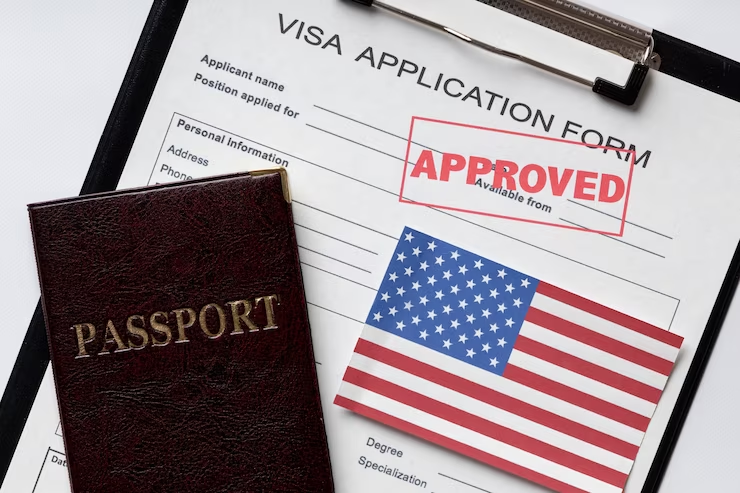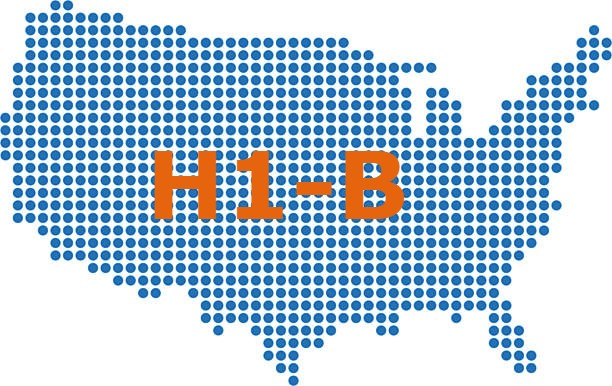The H-1B visa provides a temporary opportunity for foreign-trained nurses to work in the United States. This visa caters to “specialty occupations,” which demand the theoretical and practical application of highly specialized knowledge, usually requiring at least a bachelor’s degree.
Eligibility Requirements for Nurses Seeking an H-1B Visa
Education and Licensure Requirements for H-1B Visa Applicants
Importantly candidates must hold a bachelor’s degree or higher in nursing or a closely related field.
Licensure
Furthermore candidates must pass the NCLEX-RN and secure a nursing license in the state where they plan to work.
Specialized Nursing Roles Eligible for the H-1B Visa
Additionally, applicants need to seek a nursing position considered a specialty occupation. Typically, general RN or LPN roles do not qualify unless the state’s licensure elevates the role to that of a specialty occupation.
Specialty Nursing Positions
Specialty positions may include roles like addiction nurses, critical care nurses, genetics nurses, neonatology nurses, and oncology nurses. These roles often demand advanced education, specialized certifications, and a higher degree of expertise.

Application Process for the H-1B Visa in Nursing
Petition Documentation
Firstly employers need to submit evidence that includes details about the business’s nature, industry practices, job duties, required advanced certifications, and wage rates.
Priority of Acceptance
The system prefers Certified Advanced Practice Registered Nurses (APRNs) and those in specialized or administrative roles that require advanced degrees.
Navigating the H-1B Lottery and Cap-Exempt Opportunities
Due to high demand, eligible petitions enter an annual lottery with a regular cap of 65,000 and an additional 20,000 under the master’s cap.
Cap-Exempt Petitions
Employment at certain institutions like higher education institutes or non-profit governmental research organizations may bypass the lottery system.
Alternatives to the H-1B Visa for International Nurses
TN Visa
This visa is available to Canadian or Mexican nurses and offers indefinite renewals without an annual cap.
L-1 Visa
Suitable for managerial or specialized knowledge staff within multinational companies.
Explore the U.S. Citizenship and Immigration Services (USCIS) for detailed information on TN and L-1 Visas.
EB-2 and EB-3 Visa
These are permanent residency options for those holding advanced degrees or who are skilled workers, including nurses.

Conclusion
Ultimately the H-1B visa is a significant opportunity for nurses with specialized skills and advanced education aiming to work in the United States. Understanding eligibility requirements, preparing a thorough application, and considering alternatives are essential steps toward achieving this goal.
